Protect Your Heritage…
PLANNING FOR ALL GENERATIONS®
Every family deserves to have an estate plan.
Whether you’d like to have help reviewing your estate planning documents, prepare to have a meeting with an estate planning attorney, or get your advance health care directives in order, Pre-Planning Solutions is here to encourage you to create an ESTATE PLAN.
Estate Planning covers you and your family NOW & LATER.
Living Trusts
A Living Trust is a legal means that allows you to transfer property without the necessity of probate. Living Trusts are created while you’re alive to transfer your property directly to your beneficiaries upon death.This avoids the costs and delays of probate. A Living Trust is recommended to be obtained through an Estate Planning Attorney.
Power of Attorney
The Power of Attorney document gives another person legal authority to act on your behalf. If you create such a document, you are called the principal, and the person to whom you give this authority is called your attorney-in-fact. When you make a Durable Power of Attorney, the document will continue in effect even if you become incapacitated.
Advance Health Care Directive
An Advance Health Care Directive protects you when you can’t communicate your health care wishes. An Advance Health Care Directive is a legal document, also known as a Living Will, Personal Directive, Advance Directive, or Advance Decision, which allows you to appoint an agent or healthcare proxy and provides written instructions regarding your wishes about certain kinds of medical treatments and life-prolonging procedures, should you no longer be able to make decisions due to illness or incapacity. Laws vary from state to state. Check with your Estate Planning Attorney for specific laws related to Advance Health Care Directives.
Will
A Will or Testament is a legal declaration by which you name one or more persons to manage your estate and provide for the transfer of real and personal property at death. You can also use your Will to name a guardian for your young children. Wills must be handled through a process known as probate. If you don’t have a Will the state can distribute your possessions according to their discretion, which may not fulfill your needs. Obtaining a Will is recommended to be handled with your Estate Planning Attorney.
Probate
Simply stated, probate is the court process following a person's death that includes:
Authentication of the deceased person's Will
Appointment of an executor to handle the deceased person's affairs
Identification and inventory of the deceased person's property
Payment of all debts and taxes
Identification of heirs
Distribution of the deceased person's property according to their Will or, if a Will does not exist, according to state law
Probate is taken care of by an attorney, and is the process of settling one’s estate
Probate is costly, and can be prevented if you set up a Living Trust
Life insurance policies, property held in joint tenancy and community property belonging to your spouse are not subject to probate.
Probate can be avoided with proper Estate Planning!





